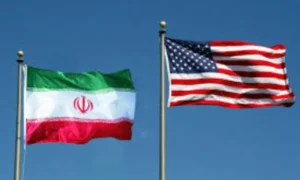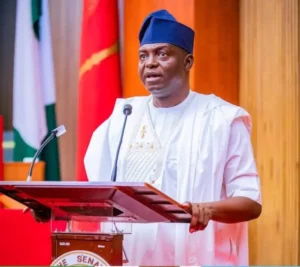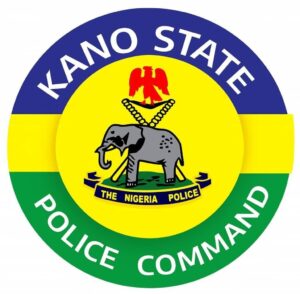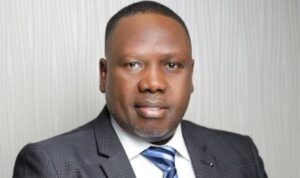In a recent statement, activist and politician Aisha Yesufu has stirred discussions in Nigeria by questioning the significance of President Bola Tinubu and Vice President Kashim Shettima’s absence from the country. Yesufu’s remarks come in light of the presidency’s claims that there is no leadership vacuum while the two leaders are away.
As of now, President Tinubu is on a two-week leave in Europe, and Vice President Shettima has left Nigeria for a two-day official engagement in Sweden. During this time, many Nigerians have raised concerns about the implications of their absence on governance and leadership in the country.
In response to these concerns, Tinubu’s Special Adviser on Information and Strategy, Bayo Onanuga, addressed the media, stating that all organs of government are functioning effectively despite the absence of the president and vice president. He emphasized, “It is important to note that the president and vice president are fully engaged with the nation’s affairs, even while they are away. There is no leadership vacuum in the country.” This statement aims to reassure citizens that the government remains operational.
However, Aisha Yesufu’s reaction challenges this notion. Taking to the social media platform X, she posted a critical message that resonated with many Nigerians: “There cannot be a vacuum in something that was never there. Nobody feels the absence of seat warmers.” This statement suggests that she believes the leadership lacks substance and effectiveness, regardless of their physical presence in the country.
Yesufu’s comments reflect a broader public sentiment among Nigerians who feel disconnected from the current leadership. Many citizens express dissatisfaction with the government’s performance and question the effectiveness of the leaders when they are not present. This situation raises concerns about accountability and the importance of visible leadership in times of need.
The debate about the importance of leadership presence is particularly relevant in Nigeria, where issues such as security, economy, and public welfare are pressing. Critics argue that effective governance requires active engagement from leaders, not just assurances of operational continuity.







